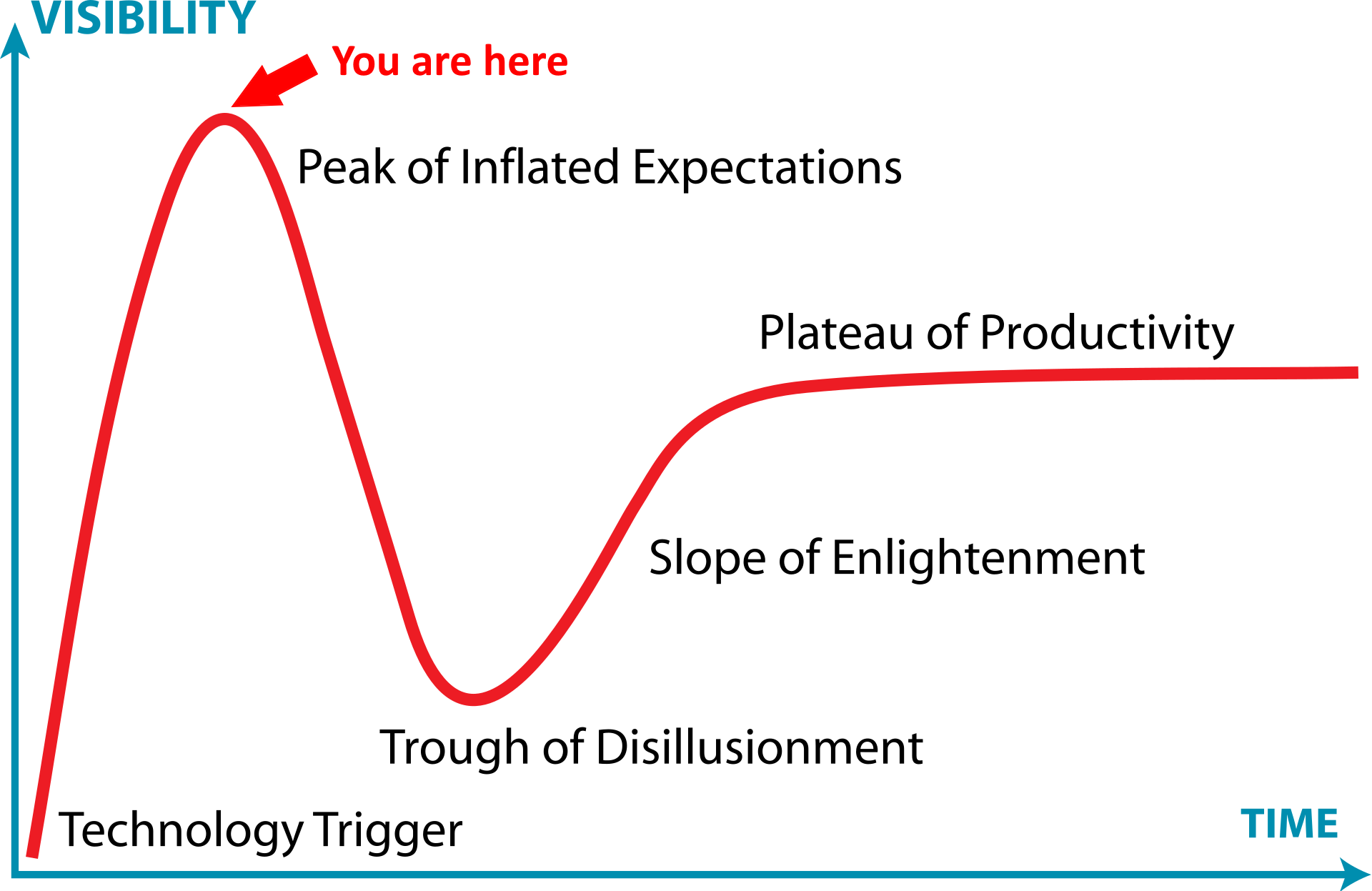

I’m glad to see them trying and I really do want to see competition in the digital game storefront space. However, I have zero trust in EA to not try and fuck me as a customer at some point. So ya, no matter how good of a fee structure they offer devs, they will continue to lack the one thing devs actually care about: customers.
Also, as a Linux gamer, it’s really tough to consider a store front which doesn’t offer a Linux client. Sure, I might be able to get their app running in Wine. But, at that point, maybe I should just go support the company which is supporting me.









This just reminded me of an issue I was facing recently. I also use Prusa Slicer and was having a hell of a time with my prints. It turned out to be the “Arc Fitting” setting.
In Print Settings - Advanced - Slicing look for the *Arc Fitting setting. When I had it set to “Enabled: G2/3IJ” it just completely borked my prints. Just weird problems all over the place. As soon as I set that to “Disabled”, it cleaned up my prints considerably. Not sure exactly what I’m giving up there, but I do know I’m getting much better prints.